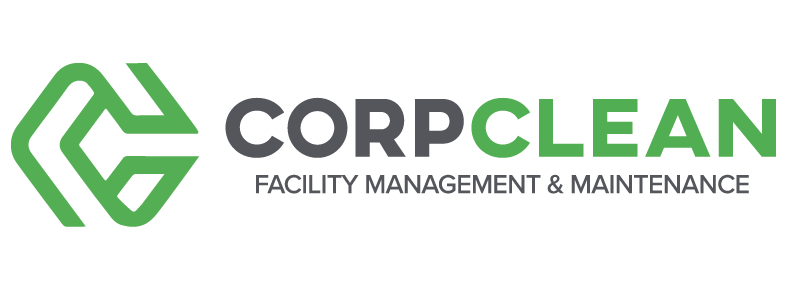How Office Cleanliness Impacts Productivity
Your office’s appearance may be affecting your company’s productivity.
In November 2021, 4.5 million U.S. workers quit their jobs, continuing a historic, months-long streak of individuals abandoning the workforce. And according to a recent Joblist survey, 74 percent of full-time employees plan to quit their jobs this year. With today’s shrinking labor ranks, it’s not surprising that companies of all sizes are increasingly concerned with maximizing employee productivity.
While businesses have unique metrics for defining productivity, most understand that numerous factors influence performance and results. But in their efforts to improve productivity, business leaders can be quick to focus on efficiency and speed. They streamline procedures, alter facility layouts, and invest in technology and other resources. And they develop key performance expectations and indicators to track individual contributions.
Often overlooked are workplace environment issues that can negatively impact productivity. For example, a cluttered or unorganized office can cause distractions that reduce employee morale. And there’s evidence that workspace cleanliness plays a part in productivity.
A few years ago, researchers in the Netherlands set out to study whether clean work environments could affect the productivity of office workers. Through an online survey, the researchers asked workers from five nonprofit organizations to rate the cleanliness of their offices, their overall work satisfaction, and how they perceived their productivity. Actual cleanliness was measured by visually assessing dirt and stains on surfaces and particle counts in the ambient air.
The researchers discovered a significant correlation between office cleanliness and higher perceptions of employee productivity. As it turns out, when office workers believe their environments are clean, they report higher job satisfaction. And when they are satisfied with their jobs, employees perceive that they are being productive.
When reporting their findings, the study’s authors point out that for-profit and not-for-profit organizations tend to focus efforts on their core businesses while giving secondary processes—such as cleaning—less attention. Furthermore, companies that use outside cleaning services often choose providers by price rather than quality. As a result, office cleanliness deteriorates over time to where employees begin to notice.
Measured Versus Perceived Cleanliness
While researchers in the Netherlands study found a significant connection between measured and perceived cleanliness, measured cleanliness showed a higher relationship to productivity.
That connection suggests that an unkempt office negatively impacts productivity, whether employees perceive it or not.
An experiment conducted at Harvard University exposed undergraduate students to either a tidy or cluttered workspace. Researchers assigned the subjects a puzzle that was impossible to solve. Students in the clean environment worked steadily to crack the puzzle for an average of 18.5 minutes before quitting. In contrast, those attempting the puzzle in the cluttered space gave up after only 11 minutes.
The Havard researchers concluded that messy, unclean workplaces undermine our persistence in completing tasks and ultimately reduce productivity. Perseverance with complex tasks is a sign of self-regulation. And dirty work environments affect our sense of personal control and, in turn, affect our self-regulation abilities.
Hiring a Commercial Cleaning Service Can Help
One way to maintain a clean office environment is to hire a professional commercial cleaning service. Because your company’s needs will differ from other businesses, choosing a service that can customize a program for you is essential. The vendor should provide options for when they clean your office (during or after your business hours) and how often (i.e., daily, weekly, monthly).
It’s also valuable to know how your cleaning service controls quality and measures customer satisfaction. Ideally, a provider will utilize inspection software that allows them to assess the consistency of their service against industry metrics.
Given productivity’s impact on profitability and team member satisfaction, business leaders must understand the various workplace dynamics at play. A clean workplace can lead to more satisfied employees and improved performance results.
When office workers believe their environments are clean, they report higher job satisfaction. And when they are satisfied with their jobs, employees perceive that they are being productive.

